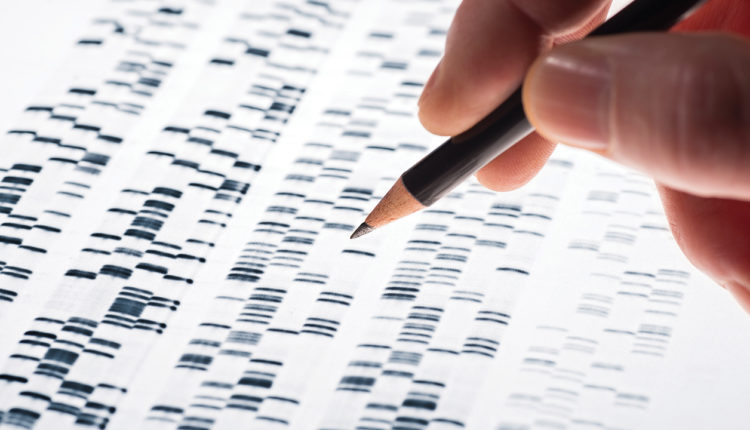The Role of Genetics in Caries Risk and Resistance
By J. Tim Wright, DDS, MS
 Dental caries is the most common chronic disease affecting humans and results in significant costs to manage oral health. Caused by the imbalance of tooth mineral dissolution and deposition as a result of its interaction with oral biofilm acid production, caries is typically referred to as an infectious and transmissible disease, but not as a hereditary disease. When oral health professionals think about the heritability of dental caries and potential magnitude of its genetics contribution, it is commonly believed that genetics play a role, but it is not as great a determinant as environmental interactions. Dental and dental hygiene school curricula traditionally focus on environmental factors, such as the oral biofilm and specific bacterial species (eg, Streptococcus mutans and lactobacillus), fluoride exposure, and diet when reviewing caries etiology.
Dental caries is the most common chronic disease affecting humans and results in significant costs to manage oral health. Caused by the imbalance of tooth mineral dissolution and deposition as a result of its interaction with oral biofilm acid production, caries is typically referred to as an infectious and transmissible disease, but not as a hereditary disease. When oral health professionals think about the heritability of dental caries and potential magnitude of its genetics contribution, it is commonly believed that genetics play a role, but it is not as great a determinant as environmental interactions. Dental and dental hygiene school curricula traditionally focus on environmental factors, such as the oral biofilm and specific bacterial species (eg, Streptococcus mutans and lactobacillus), fluoride exposure, and diet when reviewing caries etiology.
Assignment Content

